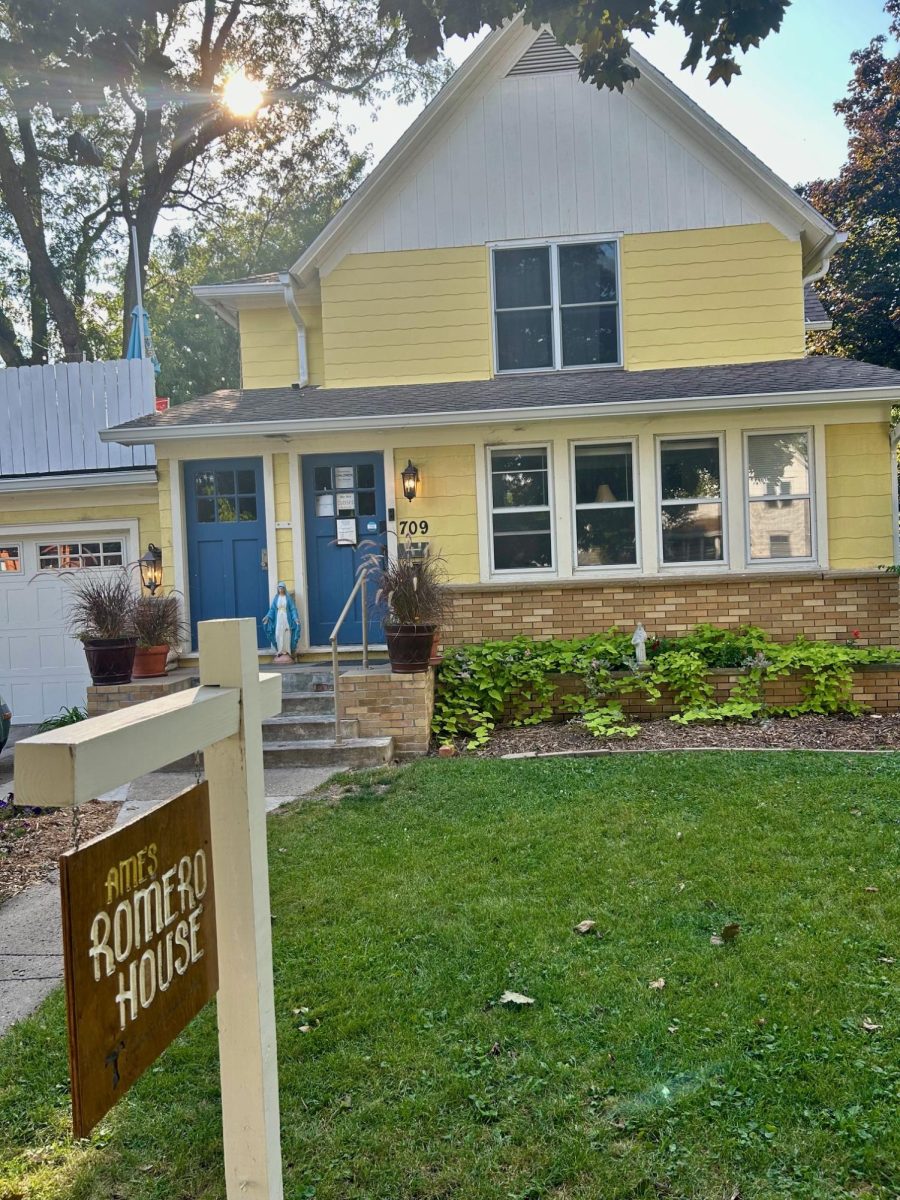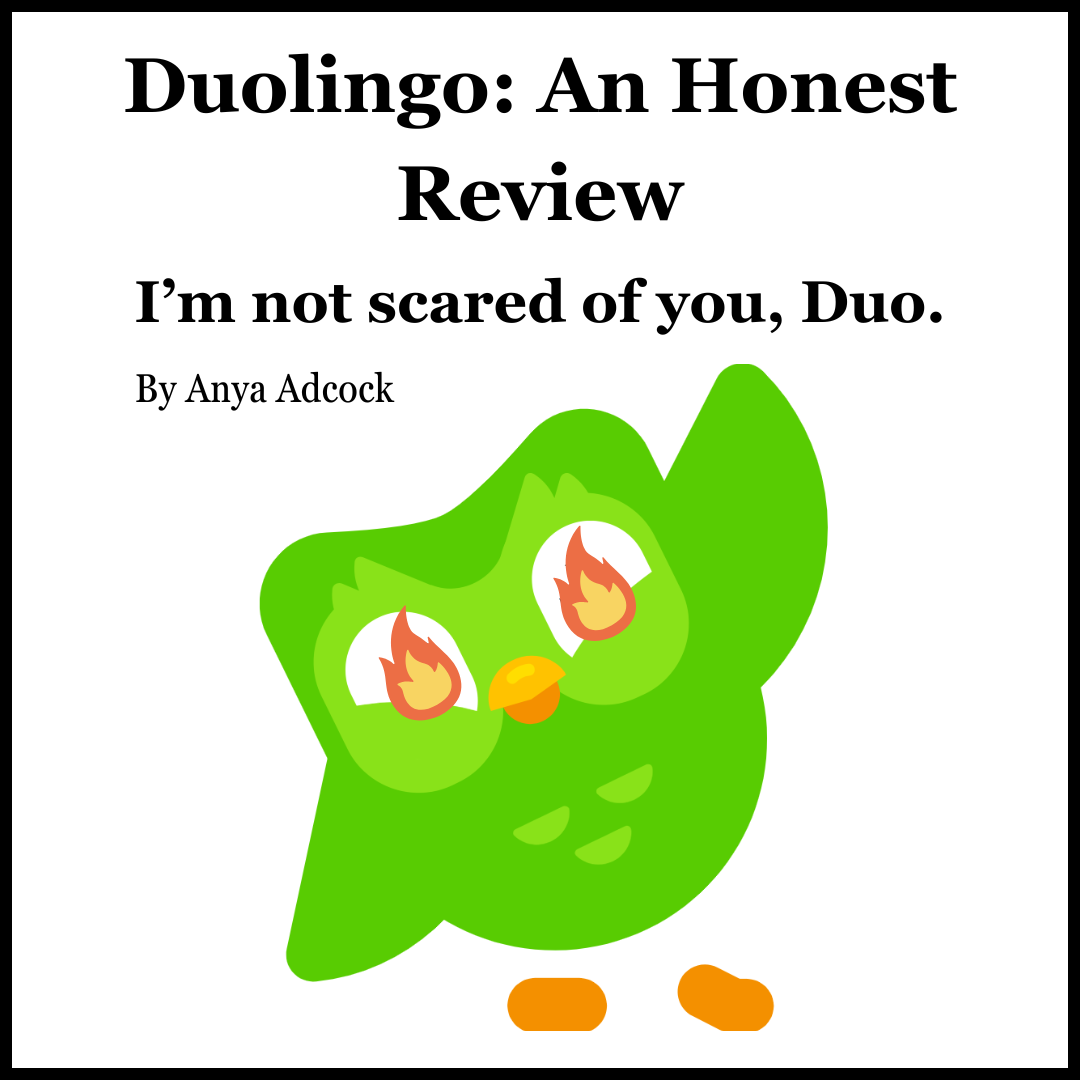In early February, all AHS students were asked to sign an Acceptable Use Policy (AUP), a contract that outlines new school computer rules. Since the AUP was administered, questions of legality and fairness have been buzzing around the school, questions that have remained unanswered for most. While some students admit that they rarely use school-owned computers, many have criticized the AUP for being too harsh and restrictive. According to Media Technologist Nicole Harding, until recently, Ames High was the only high school in the area without an AUP. In fact, schools all across the nation have begun the process of closely monitoring studentsâ Internet activity, as well as banning sites that sponsor blogs or detailed profiles, such as myspace.com. But the question still remains: what lies behind the sudden crackdown on studentsâ computer freedom? Ames Highâs media center houses tens of students each period, many of which use school computers for academic, or sometimes recreational purposes. However, as sites like myspace.com gained popularity, Media Specialist Kirsti Minion said, the number of referrals written by media center staff each day increased. âWe have had an âacademic use onlyâ rule in the media center for some time now,â she said. âRecently it has gotten to a point where we have had up to ten students a day that we have needed to write referrals for. Needles to say, this has taken up too much of our time, and also the administrationâs time, in having to deal with them.â Minion pointed out that because media center computers are in such high demand, students who are using the computer for non-school-related activities may keep others from completing academic work. âWith only 18 computers in the media center available on a first come, first served basis, it is especially important that students only work on school work while using them, on order to be fair to the other students who may be waiting for a computer to free up,â she said. Perhaps the biggest reason for Ames Highâs new AUP, however, is one that has been filling the countryâs daily newspapers: blog sites allow complete strangers to view detailed information about site members, including where members live or what they look like. âThe danger involved in blog sites is that anyone can read the profiles, so it makes it very easy for predators to âwindow shop,â as a recent article refers to it,â Minion said. Sites such as myspace.com and facebook.com are most commonly named as restricted sites according to the AUP, but junior Keith Davis pointed out that some of the sites that are now banned are harmless and beneficial to students. âBecause of the new rules, Iâm not allowed to go to a bunch of sites that are directly preparing me for what I want to do in the future,â he said. âI canât access web pages that I make at home or web sites that have information on web-design jobs.â Because of this, Davis has chosen not to sign the AUP. âI havenât signed the AUP, and I donât plan on it,â Davis said. âTo do so would be to agree that the things that would benefit my future are wrong, and Iâm not okay with that.â A point that has been raised regarding the AUP is that of legality. Some students have wondered whether the contract is legal for those under the age of 18. According to Minion, parents were sent a copy of the AUP several days before the student distribution. Parents were encouraged âto read through the AUP and discuss it with their son or daughter,â Minion said. Parents were also told why the AUP would be implemented. Although some students have expressed dissatisfaction with the new computer policies, or have chosen not to sign the AUP, Minion and Harding both said students have generally been very cooperative. âThere are a few students who have chosen not to sign the AUP, and that is their choice,â Minion said. âIf they change their minds, their school accounts will be reactivated.â Most importantly, Minion said that the AUP has definitely improved the computer situation at Ames High. âSince the AUPs have been signed, we have had only a handful of incidents in the media center where students have violated the agreement,â she said. âStudents are staying on task, and this is quite a contrast to how things were before the AUP.â For those who violate the contract, the AUP states that âstudents should expect to lose computer privileges for the remainder of the school year. There is no doubt that Ames Highâs new guidelines are inconvenient and limiting for some students, as are many school rules. But as media center staff and administrators have stressed, studentsâ safety is the top priority. âI feel proud of how many students come [to the media center] each day,â Minion said. âBut it is important that students stay on task. We want to keep our students safe while they are here at school.â
Categories:
Ames High reacts to Acceptable Use Policy
Sarit Luban
•
March 2, 2006
Story continues below advertisement
0
Donate to The WEB
$150
$450
Contributed
Our Goal
Your donation will support the student journalists of Ames High School, and Iowa needs student journalists. Your contribution will allow us to cover our annual website hosting costs.
























